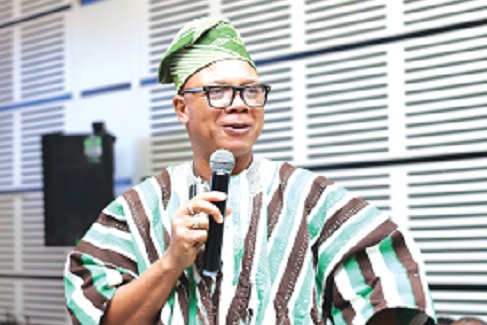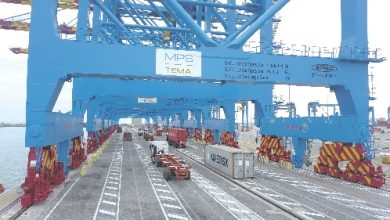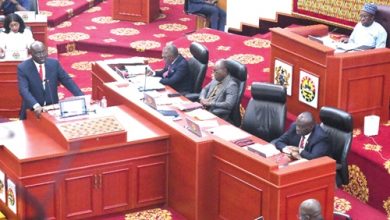
The acting Managing Director of Ghana Water Limited (GWL), Adam Mutawakilu, has revealed that commercial water losses — driven by illegal connections, meter bypassing, billing inaccuracies and non-payment — are severely impacting its revenue and operational sustainability.
He said these losses hindered the company’s ability to maintain infrastructure, expand access and meet rising operational costs, including electricity, chemicals and wages.
Speaking at a stakeholder engagement workshop on addressing commercial water losses in the delivery of urban water supply in Accra yesterday, Mr Mutawakilu stated that since February 2025, the company had faced a challenging financial landscape and initiated revenue enhancement efforts, mapping loss hotspots and strengthening enforcement strategies.
He emphasised that Ghana Water could not combat the crisis alone, calling for multi-stakeholder collaboration, including regulators, law enforcement, MMDCs, media and customers.
“On the challenge of commercial water losses, ladies and gentlemen, the issue of commercial water losses is one of the pressing challenges facing Ghana Water Limited today.
These losses, driven by illegal connections, meter bypassing, inaccurate billing and non-payment for water consumed, significantly impact our revenue.
“This not only threatens our financial sustainability, but also hampers our ability to expand water infrastructure to underserved communities,” he said.
He pledged the company’s commitment to implement workshop recommendations, enhance accountability, and integrate anti-water theft measures into its framework.
Workshop
The workshop, sponsored by the World Bank, is meant to promote transparency and accountability for sustainable urban water service delivery and also improve water access.
It was to share the fieldwork results, foster stakeholder collaboration, address illegal framework, as well as leverage the media platforms to raise public awareness and expose water theft to promote transparency.
The event featured presentations on water use analytics and findings on commercial water losses, along with stakeholder remarks, a panel discussion and breakout sessions focused on strategy development to address water losses.
It also brought together representatives from the World Bank, government institutions, security services, MMDAs and Assembly members, customers, the media, as well as management and staff of GWL.
The Marketing Manager at GWL, Christopher Bofa, presented findings from ongoing field investigations into commercial water losses, which began on August 11 this year, and had so far covered parts of Accra West, Accra East, and Tema.
In the presentation titled “Field Work Findings on Commercial Water Losses,” he stressed that the investigative team had to conduct labour-intensive fieldwork, including digging, to trace and expose the unauthorised connections.
The findings highlighted serious revenue losses and underscored the need for stronger enforcement and internal accountability within GWL.
“The meter is installed, but an alternative pipeline is laid that connects directly to a storage tank — bypassing the meter entirely.
This means water flows into the tank without being recorded, and in many cases, these are large tanks, with multiple units observed on site,” he explained.
“In the case of illegal connections, these are individuals who access water without ever being registered in our system.
They have found unauthorised ways to connect to the network and use water, yet they are not recognised as customers, so we cannot bill them at all,” he said.
Action
Task Leader for the GAMA Water and Sanitation Project at the World Bank, Harold Esseku, said the event was not just a “talk shop” but a platform for real action.
He praised ongoing efforts, especially the use of the GIS system to improve operations, and said the sector’s steady progress compared to 15 years ago.
Mr Esseku highlighted how each past initiative, such as the High Impact Improvement Programme (2013–2015), had built upon previous efforts, creating a continuous improvement cycle.
Representatives from the State Interest and Governance Authority (SIGA), the Public Utilities Regulatory Commission (PURC) and the police applauded GWL for its growing success in community engagement.



